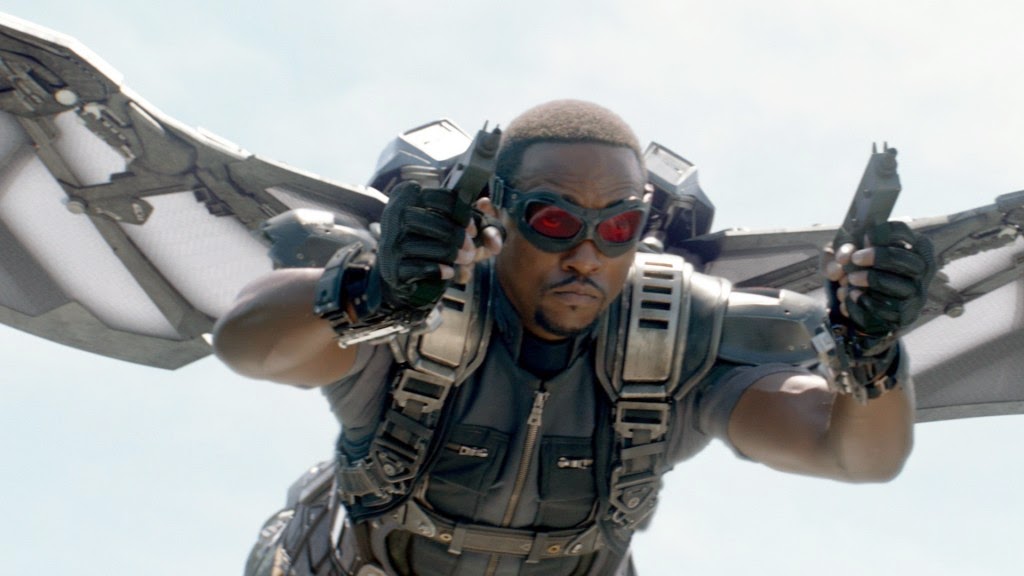Still whether professional or not, if the company says you must do X as part of your job duties chances are you will do X as part of your job duties, if you want to continue getting paid. And getting paid is the key thing here. The company shouldn't be able to obtain work or time from you for free. Of course companies are amoral and increasingly want to do just that. And for some strange reason the Obama Administration is siding with the companies.
After his 12-hour shifts at an Amazon warehouse in Las Vegas, Jesse Busk says, he and 200 other workers typically waited in line for 25 minutes to undergo a security check to see whether they had stolen any goods. Upset that the temp agency that employed him refused to pay workers for that time, Mr. Busk sued. On Wednesday, the Supreme Court will hear oral arguments about this hotly contested issue. The nation’s retailers are paying close attention because such security checks are common. The Supreme Court is to determine whether the check and related waiting time were part of Mr. Busk’s regular, compensable workday or, as the temp agency argues, were time after his workday and not compensable.
In its brief, the temp agency, Integrity Staffing Solutions, argues that the security check and the related waiting time are part of the “preliminary” or “postliminary” activities that are not compensable under the Portal-to-Portal Act, which Congress passed in 1947. Mr. Busk’s lawyer, Mark R. Thierman, disagreed. “The antitheft check is integral and indispensable because the company said you have to do it,” he said. “If the company tells you to do it, it doesn’t matter whether it’s related to what else you do on the job.” The Obama administration has filed a brief backing Integrity Staffing.
Some pro-labor groups voiced surprise that the administration was backing Integrity Staffing. “The administration says it’s time to put more money in the pockets of workers who work long hours with low pay,” said Catherine Ruckelshaus, general counsel for the National Employment Law Project, an advocacy group for workers. “Their position in this case is contrary to what they’ve been saying.”
LINK
Ok. Let me get this straight. The company pays its workers chump change and then is concerned that some of the workers will make up the difference by "liberating" some company merchandise for resale. It's a reasonable worry. The company could address this problem by raising everyone's pay so that getting busted for stealing some crap from a warehouse wouldn't be worth anyone's trouble. Unrealistic I know. Well. What to do then? Ooh! Ohh! I know! I know!! The company could maintain its security procedures, demeaning and insulting though they are, and PAY the workers for the extra time that they are spending at work being shaken down for possible stolen goods. This search is part of their job. Mr. Busk could not say "No, I'm not going through those searches tonight" and reasonably expect to have a job the next morning. This is not something that was externally imposed by the municipal, federal or state government where the company and/or the subcontractor could argue that they had no responsibility. And no this is not something where the Obama Administration is being forced by those "wascally Rethuglicans" to do something which is against its better nature. The Obama Administration, in the form of the Labor and Justice Department, is siding with the U.S Chamber of Commerce, the Retail Litigation Center and several other pro-business anti-labor groups. If the President didn't want this he could use his celebrated pen and phone to tell Labor Secretary Perez and Attorney General Holder to withdraw Administration support from the company's side of this dispute. This really is a watershed moment. As much as anything else this tells you which side the Obama Administration is on when it comes to conflicts between capital and labor. Hint, not labor's.
As mentioned, under the logic being pushed by Integrity Staffing Solutions and the Obama Administration, a company could order an employee to do ANYTHING after or even during his shift and then refuse to pay the employee by claiming that the task was not integral to work. So a boss could theoretically order someone to go pick up his dry cleaning and then refuse to pay because after all, retrieving your supervisor's laundry is not really a key task. But if you don't you're fired. Right. If the Supreme Court sides with the company you will see many corporations transfer more and more unpaid tasks to workers under the fallacious idea that these tasks aren't integral. Worker income will continue to stagnate or fall. Corporate profits will continue to rise. Under the current Supreme Court who can predict what can happen. But I will bet that Scalia and Thomas will side with the company and with President Obama.

























